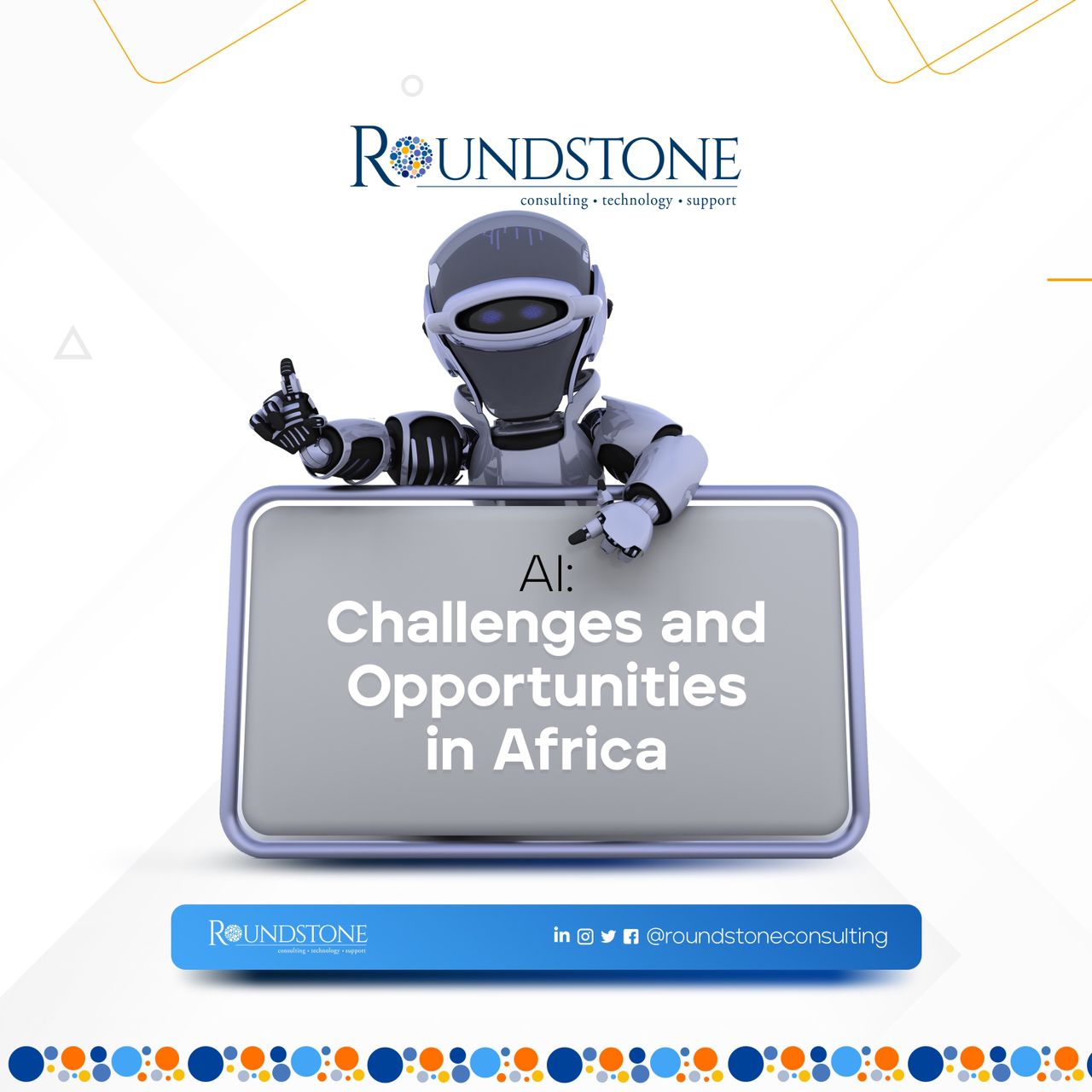Artificial Intelligence (AI) has become a transformative force that
has affected every aspect of modern life, including healthcare, finance,
transportation, and more. In Africa, AI presents both challenges and opportunities.
On one hand, AI has the potential to revolutionize industries and improve
people’s lives. On the other hand, many African countries face significant
challenges in adopting and integrating AI into their economies.
A major challenge that Africa faces is the lack of infrastructure
and resources to support AI development. Many African countries lack the
necessary computing power, technical expertise, and funding to build and
maintain AI systems. This creates a digital divide, where wealthy nations and
corporations have a competitive advantage in AI development and innovation.
Another significant challenge is the potential impact of AI on jobs
and employment. Many African countries have large informal sectors and rely on
low-skilled labour for economic growth. As AI advances, it could automate many
of these jobs, leading to job losses and social unrest. However, AI also has
the potential to create new jobs and industries in Africa, particularly in
areas such as data science, software engineering, and robotics.
Despite these challenges, there are many opportunities for AI in
Africa. For example, AI could help improve healthcare outcomes by analyzing
patient data and identifying potential health risks as well as the use of
AI-powered chatbots to provide remote healthcare services. These chatbots can
help diagnose illnesses, provide medical advice, and schedule appointments with
healthcare professionals. One such company is the Nigerian-based start-up,
Ubenwa. Ubenwa uses AI-powered voice analysis to diagnose birth asphyxia, a
leading cause of infant mortality in Africa.
In agriculture, AI could help farmers optimize crop yields and
reduce waste by providing real-time data on weather patterns, soil quality, and
crop diseases. AI could also improve financial services, transportation, and
energy access in Africa. Precision agriculture uses AI-powered sensors to
collect data on soil moisture, temperature, and other factors. This data is
then used to make data-driven decisions, such as when to plant, irrigate and harvest
crops. A Kenyan-based start-up, Apollo uses Agriculture AI to provide
smallholder farmers with affordable financing, farm inputs, and personalized
advice.
By using AI-based proctoring tools, educational institutions can
improve the integrity of their exams by detecting and preventing cheating and
plagiarism, which can undermine the validity and credibility of the testing
process. Additionally, AI-based proctoring tools can reduce the need for manual
proctoring, which can be time-consuming, costly, and prone to errors.
To realize these opportunities, African countries must invest in AI
infrastructure, education, and research. This includes building data centers,
training AI professionals, and collaborating with global AI companies and
institutions. Governments must also establish ethical and legal frameworks to
ensure that AI is developed and used responsibly, with respect for human rights
and privacy.
In conclusion, AI presents both challenges and opportunities for
Africa. While the continent faces significant barriers to AI adoption, there is
enormous potential for AI to improve people’s lives, drive economic growth, and
address social challenges. By investing in AI infrastructure, education, and
research, African countries can take advantage of these opportunities and
become leaders in the global AI industry.



